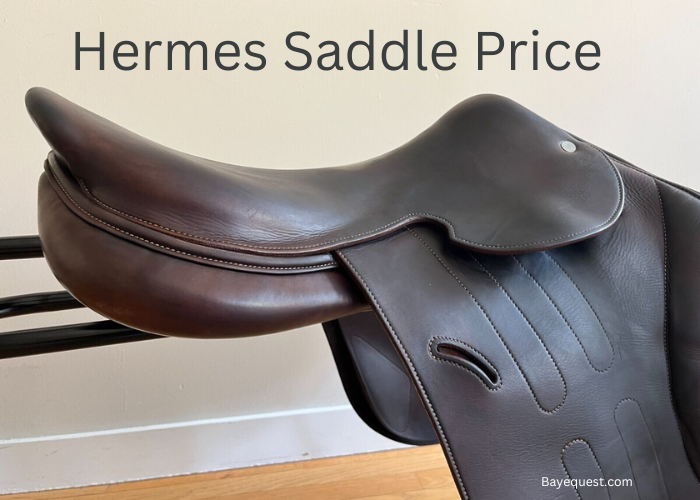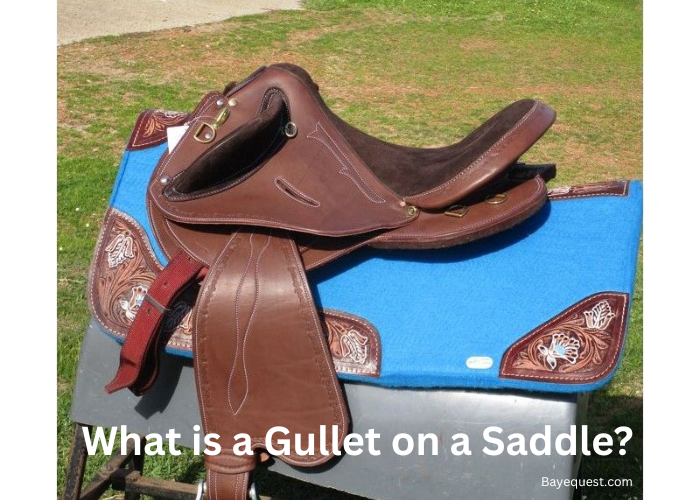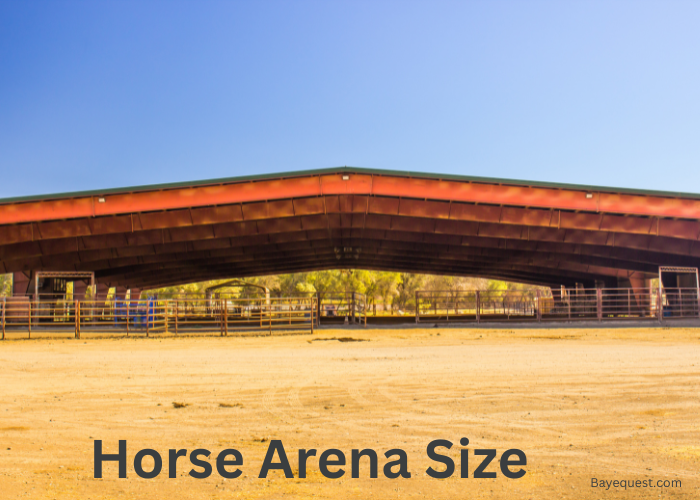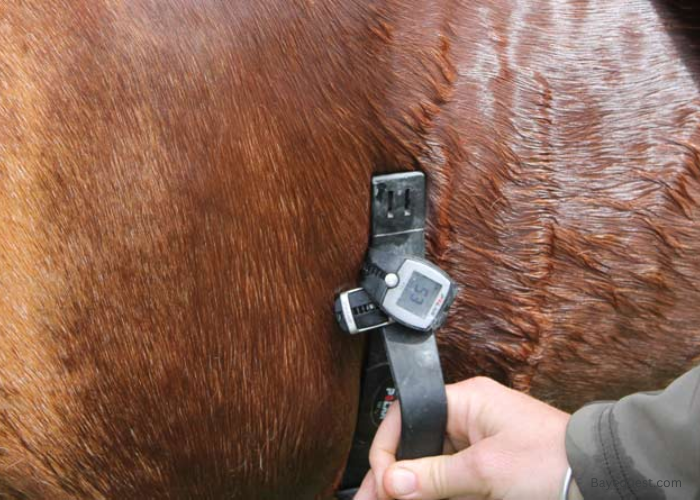Ever wondered about the price of Arabian horses in 2024? Well, brace yourself because it’s not your typical horse budget. You see, while you can snag some horse breeds for a few grand, Arabian horses come with a steeper price tag, usually ranging from $5,000 to $30,000.
But why the high cost, you ask?
Arabian horses have been trotting the Earth for over 2,000 years, making them one of the oldest horse breeds in existence. They’re the ancestors of many beloved horse breeds we know today, like the Przewalski’s, Mongolian, and Akhal-Teke horses.
So, in this journey, we’ll uncover the allure of Arabian horses and unravel why they’re a prized possession.
Arabian Horse Numbers and How Long They Live
Arabian horses are an old breed. They are common, not rare. You can find them in over 60 countries, including the U.S. By 2024, there are about 1.2 million Arabian horses worldwide.
The U.S. has more than 400,000. These horses usually live between 25 to 30 years. Sometimes, they can live up to their early 40s. How long they live depends on their genes, food, and care.
What Sets Arabian Horses Apart?
Arabian horses are more than just good-looking. They come in many colors and have unique faces. They are also smart and quick.
Arabian horses learn fast, solve problems well, and remember a lot. This makes them the smartest horse breed. They’re very flexible, too. You can see them in endurance races, dressage, and even helping young riders with their first jumps.
These horses were first bred for tough desert life. They could travel long distances in hot, dry places and were brave enough to go into battle. This made them strong, loyal, and ready to help.
Today, Arabian horses are known for their beauty, stamina, and spirit. If you’ve ever ridden or owned one, you’re lucky.
Why Arabian Horses More Affordable Now
The Arabian horse, first arriving in the U.S. in 1725, was rare and seen as exotic until the 1980s. Then, they became trendy, a symbol of status.
They were bred not just for shows but also as lavish lawn decorations. E.M. Swift in a 1986 Sports Illustrated article described them as perfect for American tastes in the ’80s: costly, elegant, and imported.
Around the same time, breeders found a tax loophole. They used their farms for tax breaks. This, plus the high demand for Arabians, led to a boom in breeding. The market got inflated. Arabians were profitable, so breeding increased.
In 1986, a tax reform bill closed this loophole. Many breeders faced bankruptcy. The market was flooded with Arabians, losing their exclusive appeal. Their numbers grew, but their prices and demand dropped.
Arabian horses live long. The ones from that time have had more offspring. So, even though demand dropped since the ’80s, there’s still a lot of them. They’re great horses, but now you can get them at a good price.
2024 Arabian Horse Prices
When you buy an Arabian horse, the cost is more than just the price of the horse. In 2024, the price of Arabian horses varies.
It depends on the seller and whether the horse is purebred or registered. But remember, buying the horse is just the start. You also need to budget for its ongoing care. This includes things like food, supplies, and other expenses.
Let’s look at what it really costs to own an Arabian horse in 2024.
Buying an Arabian Horse: Understanding the Purchase Price
Arabian horses in the USA cost between $5,000 and $30,000 on average. But prices can go much higher. In fact, an Arabian horse named Pepita sold for over $1.4 million in 2015. Why such a wide price range? Well, several factors can increase the price of an Arabian horse. You’ll pay more if the horse is:
- Purebred.
- Registered with the Arabian Horse Association.
- From a Champion Bloodline.
- Trained or has won awards in sports.
- Sold by a well-known breeder.
- A stallion that’s suitable for stud services.
- A broodmare (a female horse used for breeding).
These factors all contribute to the cost of an Arabian horse.
Costs of Housing an Arabian Horse
When you buy an Arabian horse, remember to budget for their housing. The Arabian Horse Association estimates that boarding costs range from $100 to $600 per month. Annually, this adds up to $1,200 to $7,200.
These figures are for self-care boarding. In this setup, you handle all your horse’s daily needs. But, if you opt for full-care boarding services, which include giving medication, cleaning stalls, daily feeding, and providing blankets, it will cost more.
Feeding Costs for an Arabian Horse
Feeding an Arabian horse has different costs. If your horse is always in a stall, you’ll spend more on hay and grain. But if they graze on grass, it’s cheaper. Just be careful with too much lush grass, as it can be harmful.
Here’s a simple cost breakdown:
- Grass: $15 a month, or $200 a year.
- Hay: $100 a month, or $1,100 a year.
- Grain: $70 a month, or $840 a year.
Even with your own grass, you’ll spend about $200 yearly to keep up a 2-acre field. That’s the least amount of space a horse needs.
Horses consume 2% of their full body weight in hay daily. The cost varies based on the type of hay and where you buy it.
Grain isn’t a must-have. Horses usually eat plants. But some horses need grain for extra nutrients or calories.
Vet & Farrier Care Costs
Arabian horses need a vet check-up at least once a year, and twice if they’re over 20. They also need the farrier every 6 to 8 weeks for hoof care. Here’s a quick cost breakdown:
- Vet care: About $100 each visit, or $750 a year.
- Farrier: Around $60 each time, adding up to $450 a year.
There are extra costs too:
- Dewormer: $10, four times a year.
- Vaccines: $50 to $100, once a year.
- Teeth care: $50 to $100, twice a year.
If your horse needs horseshoes, it costs more, around $80 per farrier visit.
Supplies and Riding Equipment Cost
Riding your Arabian horse means you need the right gear. Things like bridles, boots, and bits can cost about $3,000.
And don’t forget other stuff like feed buckets, blankets, and brushes. These can cost a few hundred more.
Where to Buy Arabian Horses
Looking for an Arabian horse? They’re one of the more expensive breeds, but you can find them in many places, in the U.S. and around the world. They’re popular for all kinds of riding.
From Associations
The Arabian Horse Association has an online marketplace. This is where you’ll find purebred and registered Arabian horses. It’s the best way to make sure you’re getting a horse with a verified pedigree. You can find breeding stallions here too.
Through Private Owners
If a purebred isn’t a must for you, consider an Arabian cross or a Half-Arabian. Many owners sell them locally or online. They might be a bit cheaper. They still have that special Arabian look and spirit. Just make sure you get the horse’s full history since not all private sellers are completely open.
At Auctions
Auctions are usually the cheapest way to find Arabian horses. But, you won’t often find registered or purebred Arabians there. You might find crosses that share some Arabian traits. The catch is, you don’t always know the horse’s full background. It’s a bit of a gamble.
Bayequest
When you’re looking to buy an Arabian horse, it’s a good idea to go through a trusted trainer or breeder. They’ll have all the info on the horse’s family and health. Sure, it might cost a bit more this way, but you’ll know exactly what you’re getting.
For a safe bet, check out Bayequest.com. They’ve got a bunch of reliable sellers. That way, you can be sure about your choice when you buy your Arabian horse.
High-Priced Arabian Horses: Famous Sales
Arabian horses have had their share of big sales, usually a field led by Thoroughbreds. (Find out the average price of thoroughbred in our guide.)
NH Love Potion: This Arabian mare was sold for a whopping $2.55 million in 1984 in Scottsdale. The auction was a huge event with stars like Sammy Davis Jr. performing. There were even fog machines and special lights to show off the horses.
Padron: Another big name is Padron, an Arabian stallion. He was sold for $11 million in the 1980s. Padron was born in Holland in 1977 and started winning shows really young. He sired over 700 foals, including lots of champions. (Check out other unique Arabian Horse Names in our guide.)
Marwan Al Shaqab: Then there’s Marwan Al Shaqab, a bay Arabian from Qatar. His owners once turned down $20 million for him. He’s won loads of championships and sired many winners too. In Texas, where he spends summers, they let him enjoy simple things, like rolling in the mud.
Factors that determine the Arabian Horse’s price
When it comes to how much you’ll pay for an Arabian horse, there are a few big things that set the price.
First, it’s all about family. If the horse comes from a line of champions or famous Arabians, it’ll cost more. Those good genes matter.
Then, there’s training and wins. If the horse has been trained well and has won competitions, like in dressage or racing, its price goes up. These wins show it’s a top-notch horse.
Age and health are also key. Younger horses, around 3 to 10 years old, are usually pricier. And a healthy horse, without any big health problems, is worth more.
Looks count too. Arabian horses are known for their beautiful, unique faces and elegant build. If a horse fits this look perfectly, it’s more desirable.
Lastly, it’s about how rare the horse is. If it’s a color or breed that’s hard to find, or if it’s more in demand, the price goes up.
So, the price you pay for an Arabian horse depends on its family background, training and achievements, age and health, looks, and how rare it is.
How to Save Money on an Arabian Horse
If you’re looking to buy an Arabian horse without spending a fortune, here are some tips:
Do Your Homework: Start by looking around. Check out different sellers, like private owners or breeders, and compare prices.
Consider Younger or Less Trained Horses: A horse that’s not fully trained or is younger can be cheaper. If you can train a horse yourself, this could save you money.
Think About Crossbreeds: Purebred Arabians are usually more expensive. A crossbred Arabian might be more affordable and still have many good qualities.
Health Over Pedigree: A horse from a famous family can cost a lot. Look for a healthy horse, even if it doesn’t have a well-known pedigree.
Try Auctions: You can find deals at horse auctions, but be careful about the horse’s health and history.
Join Horse Groups: Being in horse communities, either online or locally, can lead to private sales where you might negotiate a better price.
Buy When It’s Quiet: Sometimes, prices go down when demand is low. Buying in these times might save you money.
Set a Budget: Know how much you can spend and stick to it. This keeps you from overspending.
Look at Long-Term Costs: A cheaper horse might cost more in the long run for things like food and health care.
Get a Vet Check: Before buying, have a vet check the horse. This might cost a bit now, but it could save you a lot later on if the horse has health issues.
Interesting read: Turkoman Horse Cost.
How Much Do Arabian Horses Cost? Conclusion
Arabian horse prices show just how special these horses are. You’ve got all kinds, from less pricey Arabian mixes to those that cost a million or more.
Buying from well-known breeders or sites like Bayequest.com means you’re sure about the horse’s background and health.
Or, you can go for more budget-friendly options at auctions or through private sellers. Arabian horses, known for their smarts, beauty, and versatility, keep winning hearts. Whether for riding, showing, or just for the joy of it, these horses are a true treasure in the world of horses.








